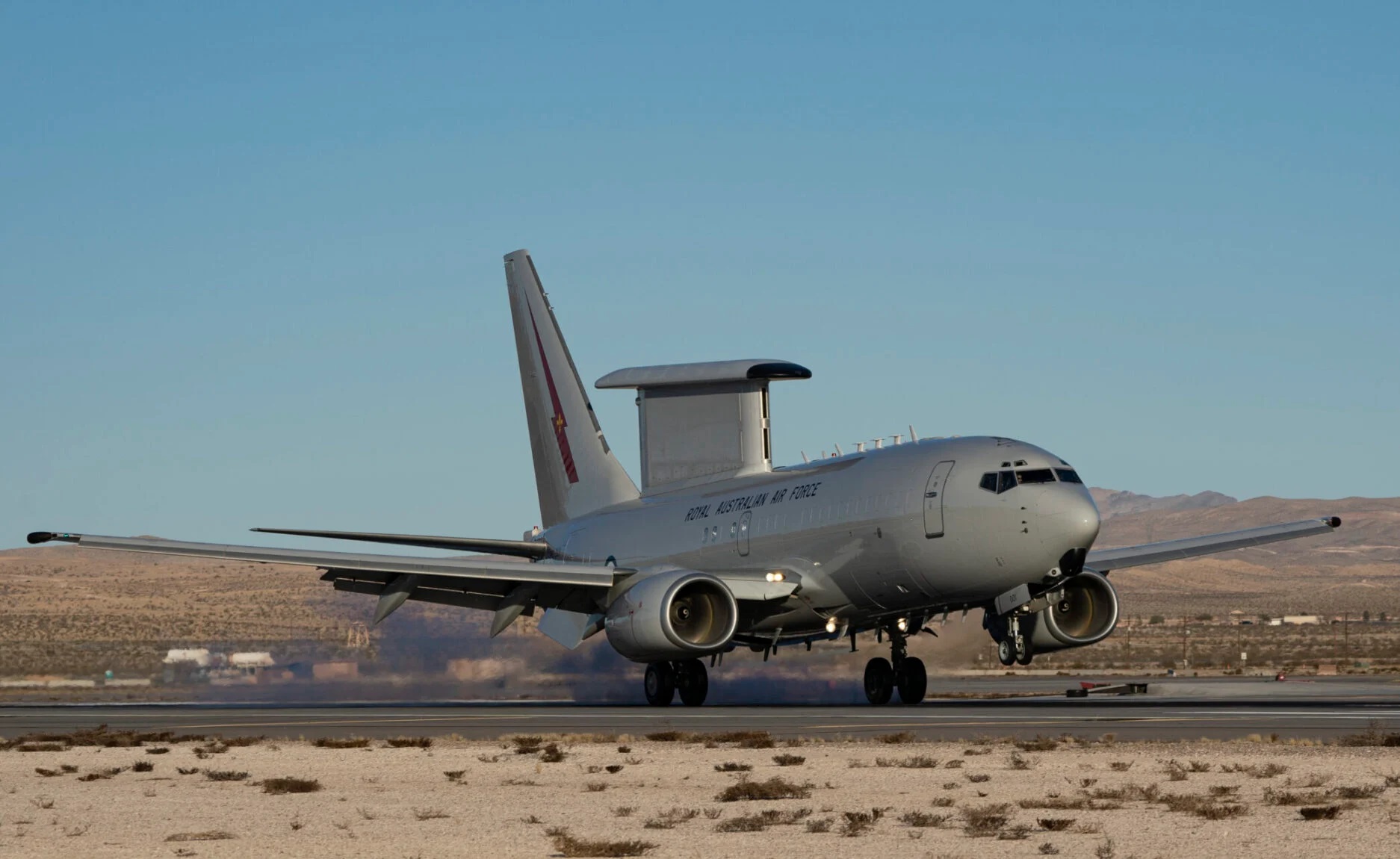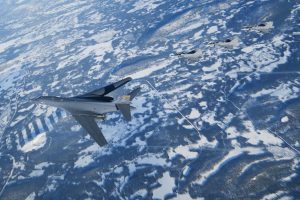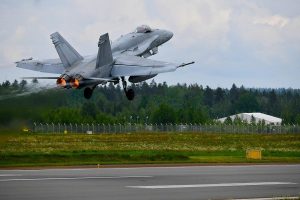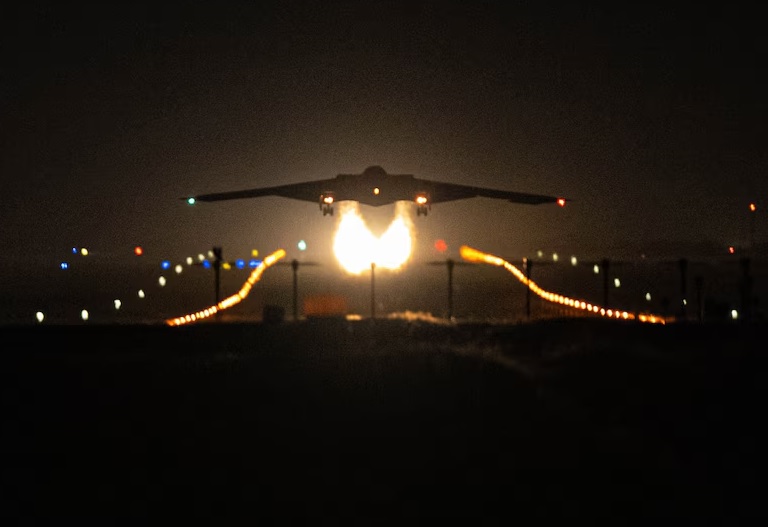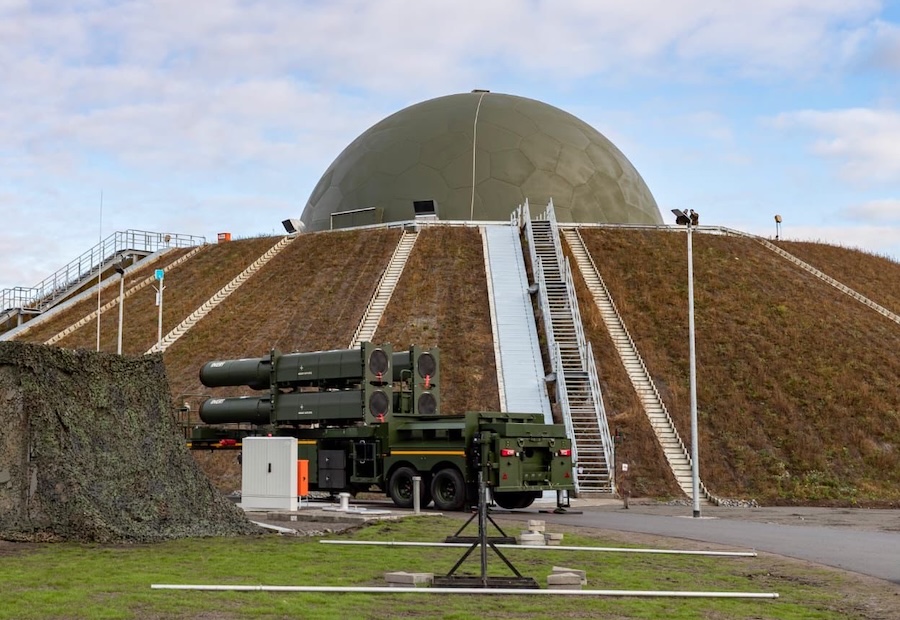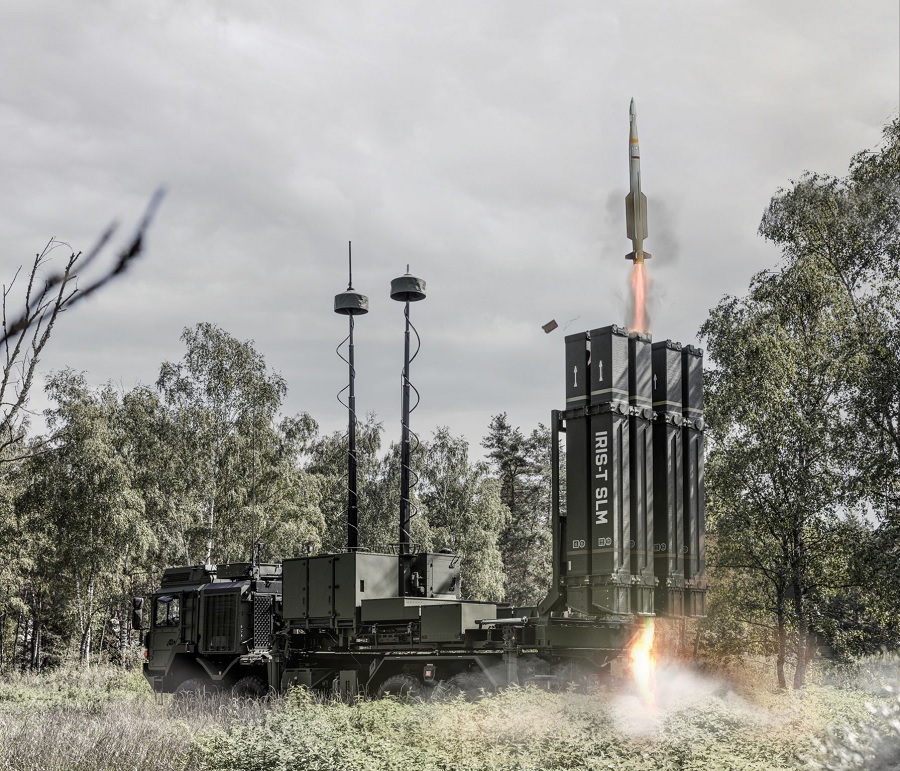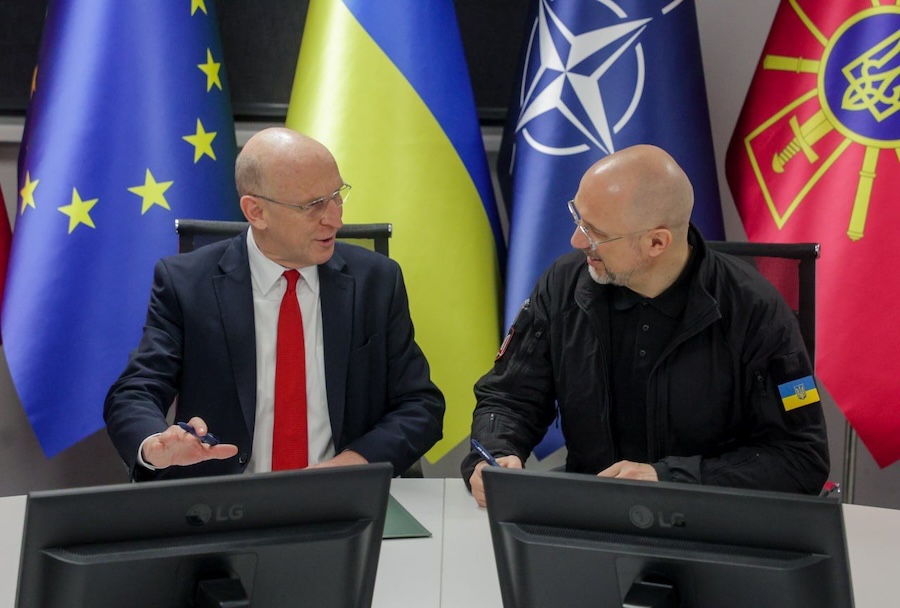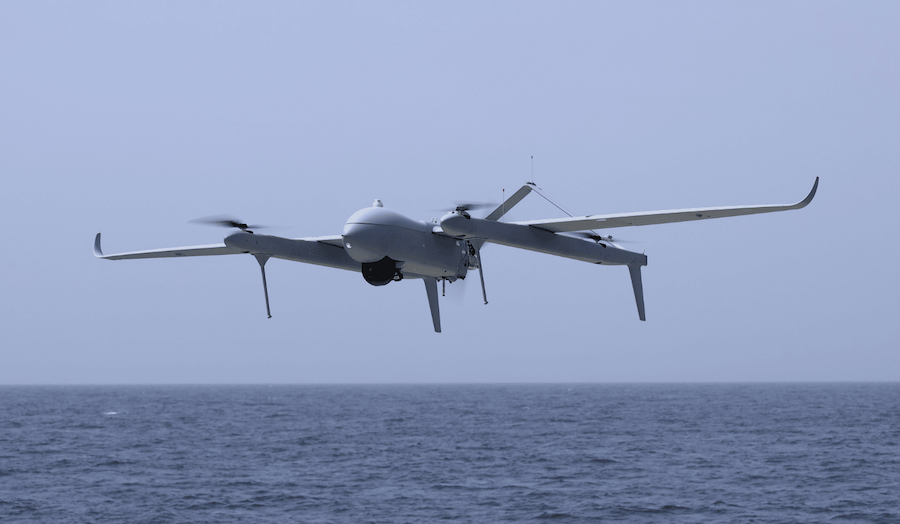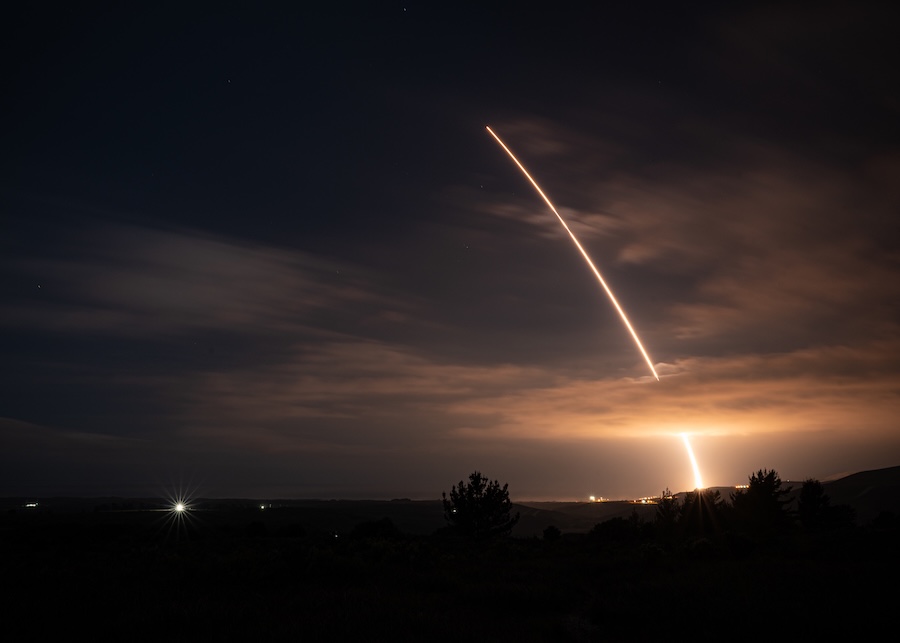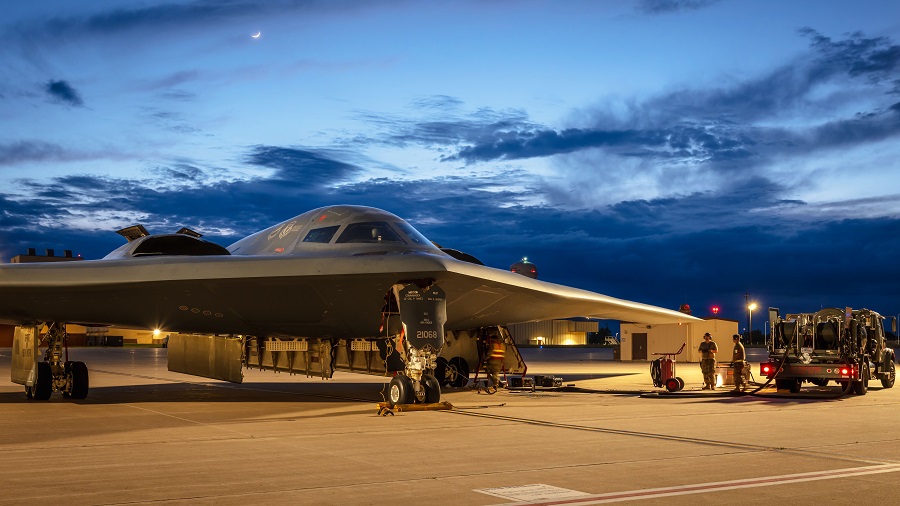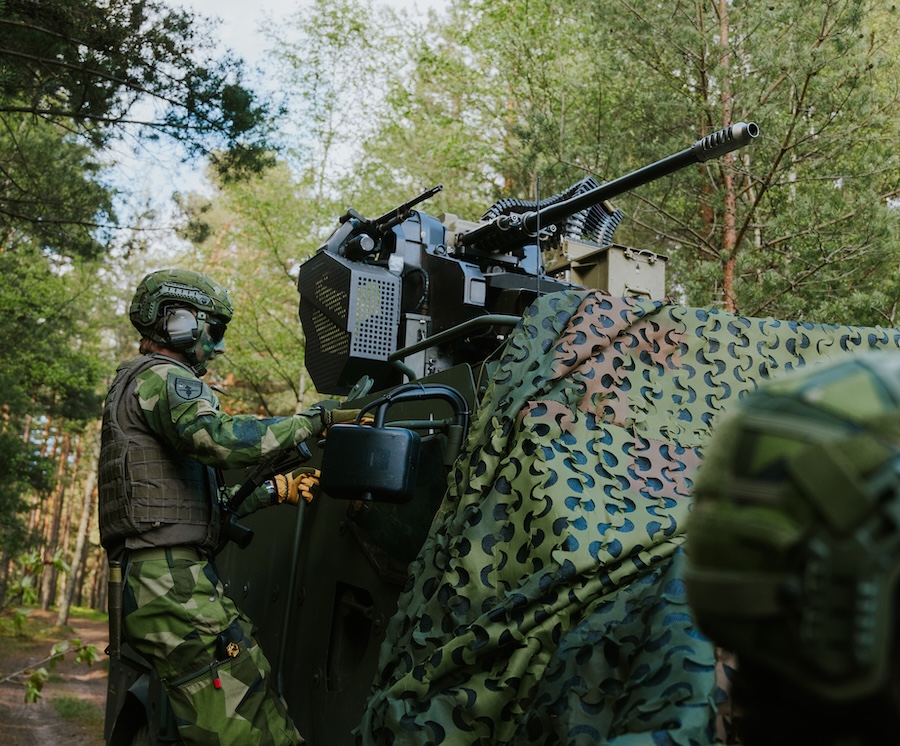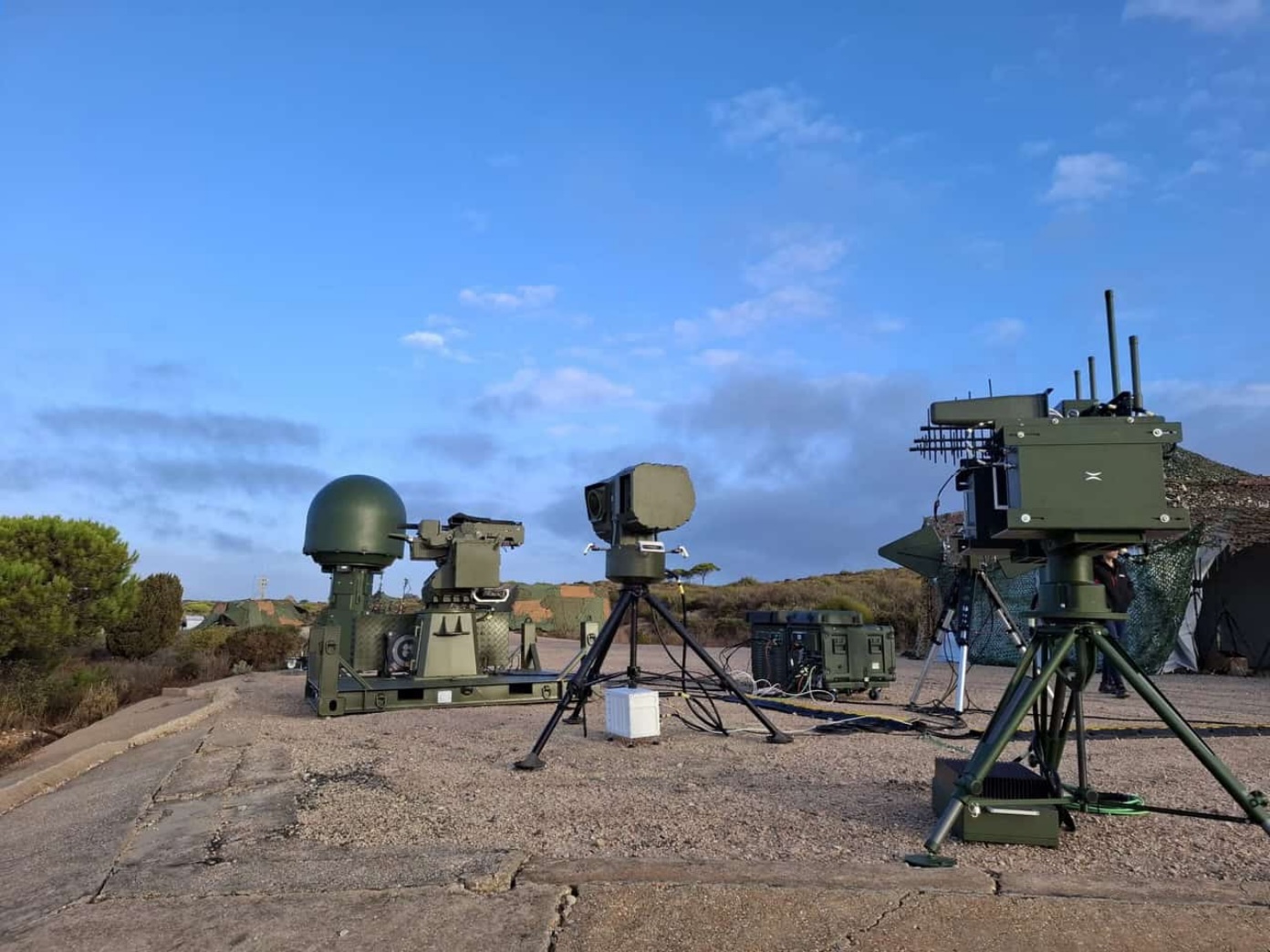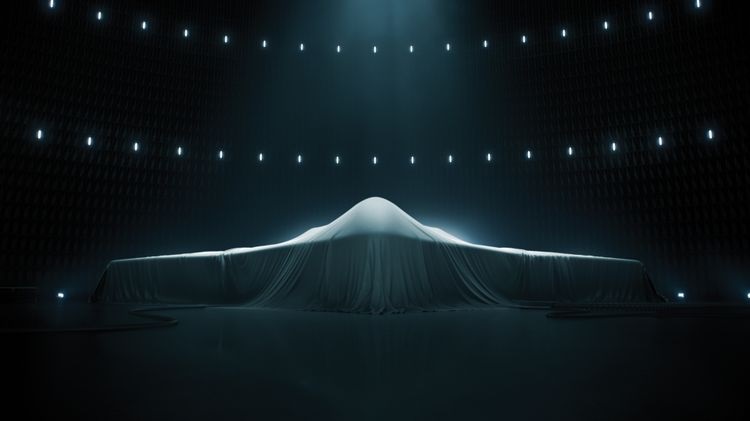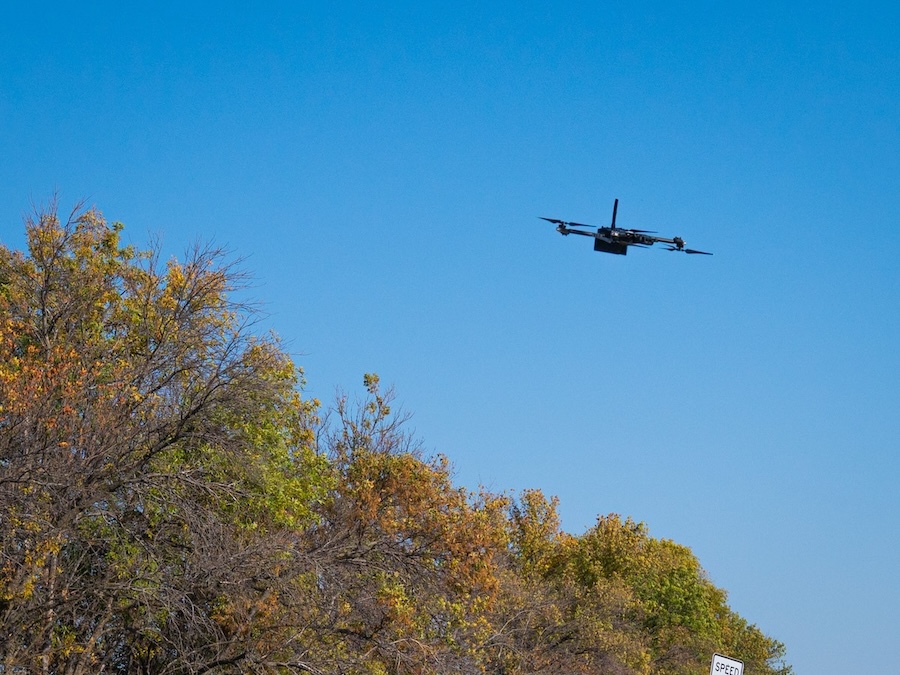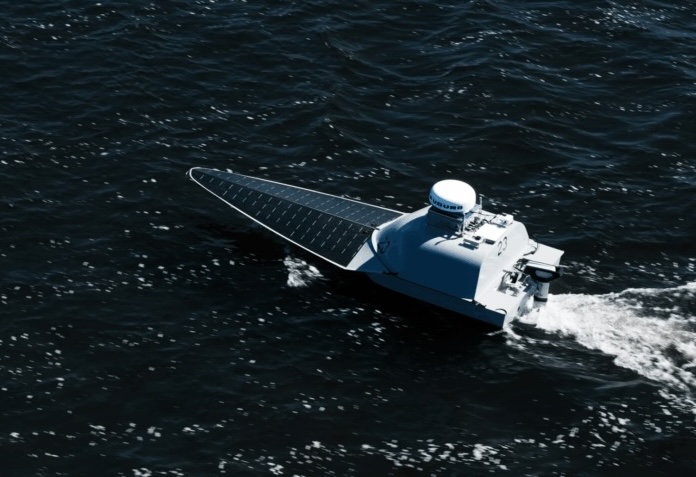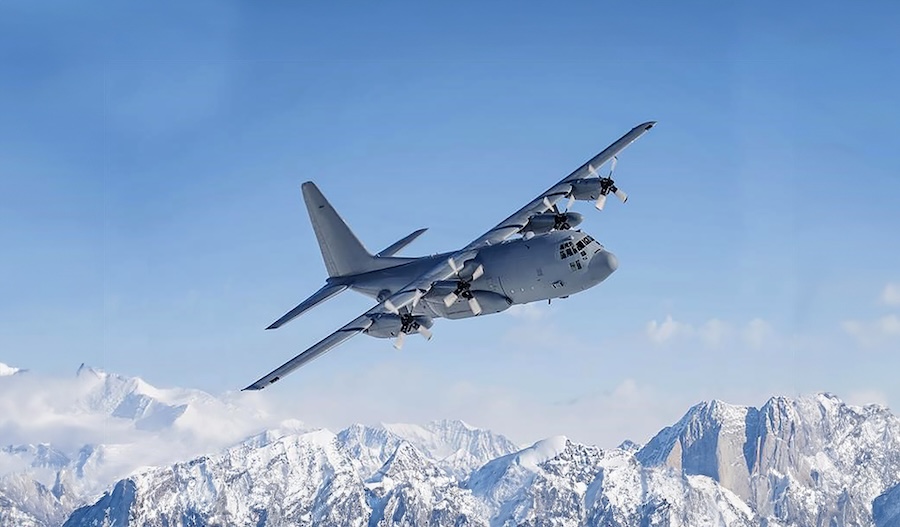The generals voiced concern over reported plans to reduce procurement of the F-35A to just 24 units and to cancel the E-7 programme entirely. “We respectfully request the Congress provide authorisation and funding to procure 75 F-35As and restore E-7 funding in full,” they stated.
The letter commended the House Appropriations Committee and its Defence Appropriations Subcommittee for proposing $4.5 billion for 42 F-35As and an additional $500 million for E-7 development. However, the signatories stressed this remained insufficient to meet urgent operational needs.
They emphasised the F-35A’s proven effectiveness in recent operations, including Operation Midnight Hammer and its role in enabling Israel to “crush Iran’s air defences and swiftly achieve air superiority over Iran.” While acknowledging past development issues, the generals highlighted that the latest upgrade, Tech Refresh 3, is “all but complete,” enhancing combat capabilities even further.
International support for the F-35A, the letter noted, is growing, with the United Kingdom, Italy, Netherlands, Belgium, Poland, Romania, Greece, Czech Republic, and Finland all expanding their commitments to the aircraft. This reflects widespread recognition of its “vital capabilities.”
Regarding the E-7 Wedgetail, the generals criticised the proposed reliance on additional E-2 Hawkeye aircraft, stating that “the E-2 is unable to meet the combatant command requirements for theatre-wide airborne command and control.” They argued that the E-7’s ability to perform broader missions is crucial, particularly in a potential China contingency.
The letter pointed to the E-7’s international adoption by allies such as the UK, Australia, South Korea, Turkey, and NATO. It also noted the UK’s recent reversal of plans to reduce its E-7 fleet, as affirmed in its Strategic Defence Review.
While acknowledging the future potential of a space-based battle management system, the generals warned that “the scientific and engineering hurdles… are daunting and the timeline to success is unclear.” They argued that acquiring E-7s now is “fundamental to projecting air power and winning conflicts.”
In closing, the letter warned of growing threats in the Indo-Pacific, particularly China’s ambition to be capable of invading Taiwan within two years. “If conflict does come, there will be no more decisive question than who controls the skies over the Pacific,” the generals cautioned.
They concluded with a call to action: “The actions Congress takes this year – specifically through the acquisition of 75 F-35As and ensuring the operational deployment of the E-7 – could be critical in deterring and, if necessary, prevailing in near-term conflicts.”
Source: Air & Space Forces Association (AFA).


